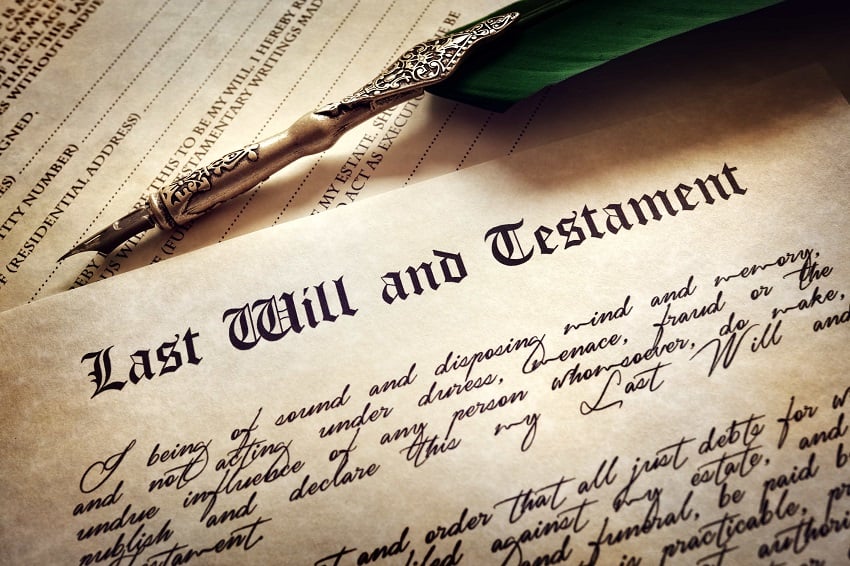The mother and foster family of a mentally disabled child will not have to pay inheritance tax on the child’s £660,000 estate.
The child had received substantial damages as a result of clinical negligence surrounding his birth when complications during the birth were found to have been mishandled.
The boy died intestate in December 2018 and the Court of Protection found that the mother and foster family of the child should not have to pay any inheritance tax under s18(1)(h) of the Mental Capacity Act 2005.
The court excluded the child’s biological father from inheriting a share because he had denied paternity and played no part in the child’s life.
The child was 13 when he died and had never had any contact with his biological father – who had denied paternity and had no involvement at all in the boy’s life.
The Court made a supplemental decision that the hearing should proceed without the involvement of the biological father, although he would be served with a copy of the final order so that it would be open to him to apply to set aside or vary it.





















One Response
The article is incorrect.
IHT is still due on the child’s estate and is likely to amount to around £117,000, according to the judgement. S.18(1)(h) MCA 2005 does not give the court any power to simply order that IHT should not be payable on a person’s estate.
The court authorised a division of the child’s estate so that the foster family received the house and the child’s mother received the residue. The question was whether the foster family should pay the IHT due on the value of the home, or whether it should be borne by the residue of the estate (i.e. payable by the mother).
The court ruled that the house should be free from IHT, on the basis that the foster family would struggle to afford the IHT due and it was felt that the child’s wishes would have been for the foster family not to struggle financially or have to sell their home. This means the burden of IHT falls on the residue of the estate and on the mother.